Refine listing
Actions for selected content:
2334 results in Cambridge Elements
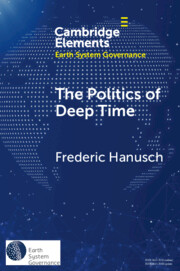
The Politics of Deep Time
-
- Published online:
- 13 November 2023
- Print publication:
- 07 December 2023
-
- Element
-
- You have access
- Open access
- HTML
- Export citation
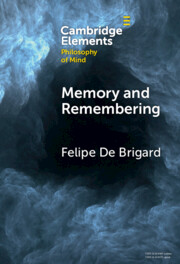
Memory and Remembering
-
- Published online:
- 13 November 2023
- Print publication:
- 21 December 2023
-
- Element
- Export citation
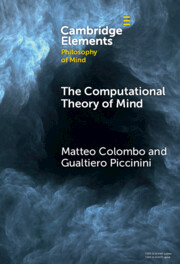
The Computational Theory of Mind
-
- Published online:
- 13 November 2023
- Print publication:
- 07 December 2023
-
- Element
- Export citation

Beyond Compassion
- Gender and Humanitarian Action
-
- Published online:
- 09 November 2023
- Print publication:
- 07 December 2023
-
- Element
-
- You have access
- Open access
- HTML
- Export citation
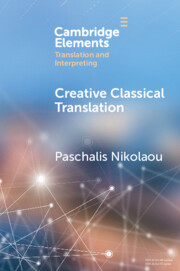
Creative Classical Translation
-
- Published online:
- 08 November 2023
- Print publication:
- 07 December 2023
-
- Element
- Export citation
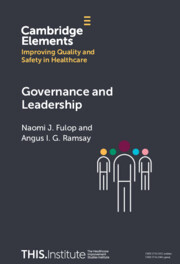
Governance and Leadership
-
- Published online:
- 08 November 2023
- Print publication:
- 07 December 2023
-
- Element
-
- You have access
- Open access
- HTML
- Export citation
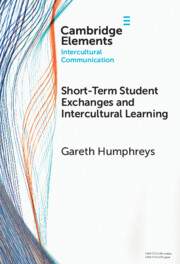
Short-Term Student Exchanges and Intercultural Learning
-
- Published online:
- 07 November 2023
- Print publication:
- 07 December 2023
-
- Element
- Export citation
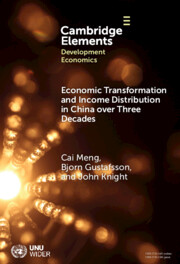
Economic Transformation and Income Distribution in China over Three Decades
-
- Published online:
- 03 November 2023
- Print publication:
- 16 November 2023
-
- Element
-
- You have access
- Open access
- HTML
- Export citation
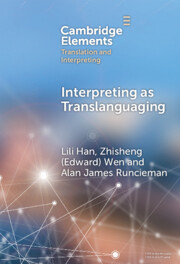
Interpreting as Translanguaging
- Theory, Research, and Practice
-
- Published online:
- 31 October 2023
- Print publication:
- 30 November 2023
-
- Element
- Export citation
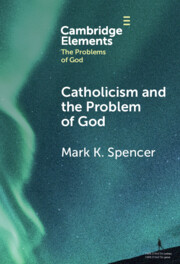
Catholicism and the Problem of God
-
- Published online:
- 27 October 2023
- Print publication:
- 23 November 2023
-
- Element
- Export citation

The Crossings
- Defining Slave to the Rhythm
-
- Published online:
- 26 October 2023
- Print publication:
- 23 November 2023
-
- Element
- Export citation
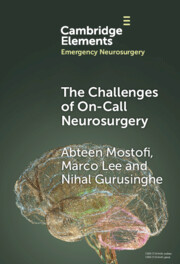
The Challenges of On-Call Neurosurgery
-
- Published online:
- 23 October 2023
- Print publication:
- 16 November 2023
-
- Element
- Export citation
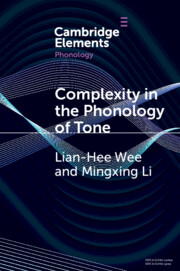
Complexity in the Phonology of Tone
-
- Published online:
- 21 October 2023
- Print publication:
- 16 November 2023
-
- Element
- Export citation

A Green and Just Recovery from COVID-19?
- Government Investment in the Energy Transition during the Pandemic
-
- Published online:
- 20 October 2023
- Print publication:
- 16 November 2023
-
- Element
-
- You have access
- Open access
- HTML
- Export citation
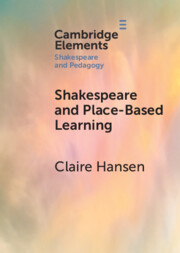
Shakespeare and Place-Based Learning
-
- Published online:
- 20 October 2023
- Print publication:
- 07 December 2023
-
- Element
- Export citation
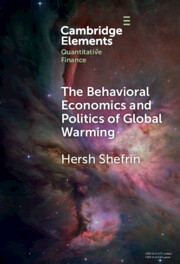
The Behavioral Economics and Politics of Global Warming
- Unsettling Behaviors
-
- Published online:
- 19 October 2023
- Print publication:
- 16 November 2023
-
- Element
-
- You have access
- Open access
- HTML
- Export citation

Causal Factor Investing
- Can Factor Investing Become Scientific?
-
- Published online:
- 12 October 2023
- Print publication:
- 09 November 2023
-
- Element
-
- You have access
- Open access
- HTML
- Export citation
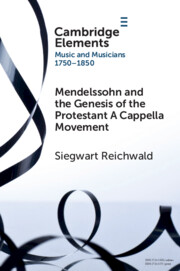
Mendelssohn and the Genesis of the Protestant A Cappella Movement
-
- Published online:
- 10 October 2023
- Print publication:
- 09 November 2023
-
- Element
- Export citation

Taboo in Sign Languages
-
- Published online:
- 05 October 2023
- Print publication:
- 26 October 2023
-
- Element
- Export citation
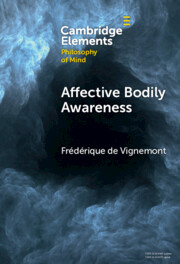
Affective Bodily Awareness
-
- Published online:
- 28 September 2023
- Print publication:
- 12 October 2023
-
- Element
-
- You have access
- Open access
- HTML
- Export citation
